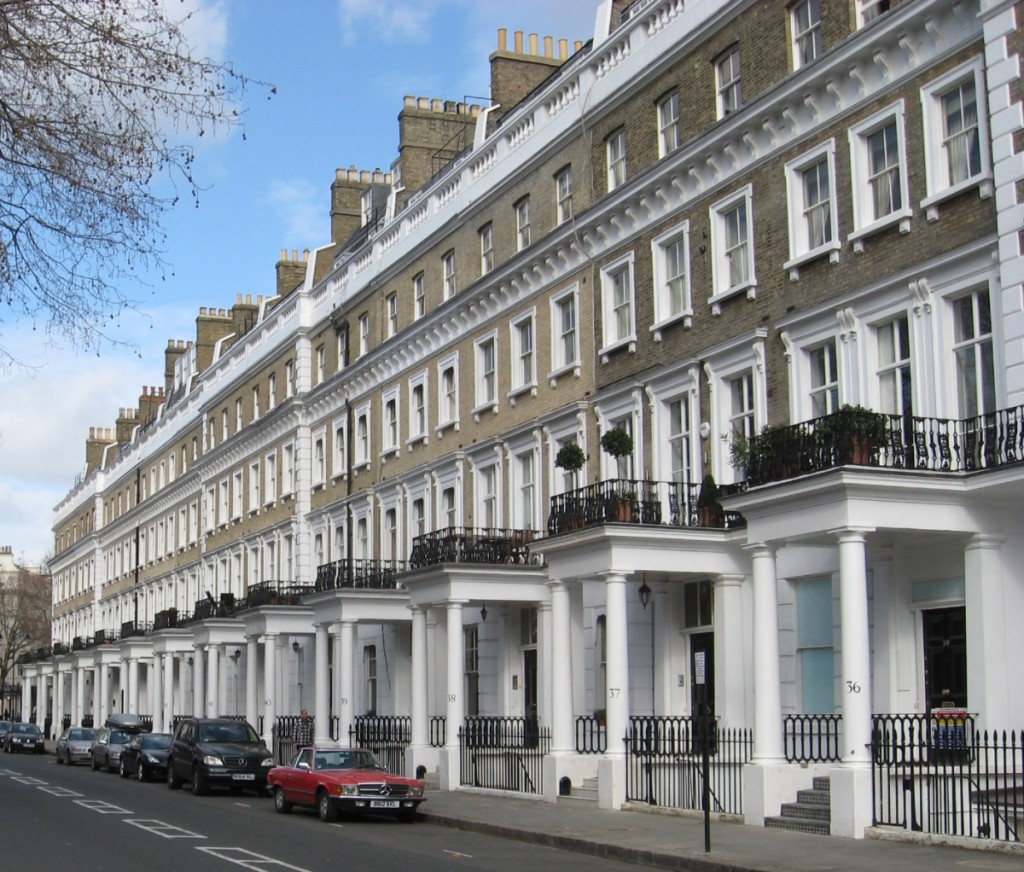The luxury property market has been severely hit by the introduction of the 3% stamp duty hike on second properties in April, new research shows. According to analysis of Land Registry data by London Central Portfolio, sales above £10 million have plummeted 75%, compared with the same six-month period last year, whilst there has also been a […]
 The luxury property market has been severely hit by the introduction of the 3% stamp duty hike on second properties in April, new research shows.
The luxury property market has been severely hit by the introduction of the 3% stamp duty hike on second properties in April, new research shows.
According to analysis of Land Registry data by London Central Portfolio, sales above £10 million have plummeted 75%, compared with the same six-month period last year, whilst there has also been a reduction in sales of 51% between £5 and £10 million. This has led to only 262 high end properties being sold in the last six months.
In the £2 million to £5 million price bracket sales have fallen 36%, while for homes valued between £1 million to £2 million sales have dropped 33%.
The super prime new build market (above £5 million) has been hardest hit by the recent tax changes, with only nine sales registered above £5 million in the last six months, down from 52.
Naomi Heaton, chief executive of LCP, said: “As can be seen over the last six months, the market appears to have finally succumbed to the constant residential tax hits from the Government. Against a backdrop of uncertainty around Brexit and the direction of travel of the UK’s economy, it seems that the introduction of stamp duty on second homes has been one step to far for both domestic and international buyers.
“Developers have been particularly affected by the new landscape with only nine properties sold above £5 million, a staggering 83% fall compared with last year. With these top end sales typically off-setting the cost of providing more modest housing and essential cash-flow to reinvest into new development, the Chancellor may well struggle to deliver upon his new affordable housing targets as developers begin to face losses.”
Calculating the tax take on sales over £1 million, LCP said that the Government could be facing a £0.5 billion hole in its stamp duty receipts over the last six months – potentially rising above £1 billion by the end of the year.
Heaton said: “It is about time that the Government understands that the political posturing that has made foreign investment the scapegoat for our UK housing crisis is having an entirely negative impact. A contraction of the luxury market will not miraculously provide new homes for the domestic market. It will simply reduce tax take and damage the wider economy as affluent investors spend their money elsewhere.
“At a time when the Government is actively trying to encourage investment into the UK globally, it is counter-intuitive to restrict investor access to our top-end market. This makes the UK appear a less attractive place to do business in, with the concomitant economic downside which goes with it.”














